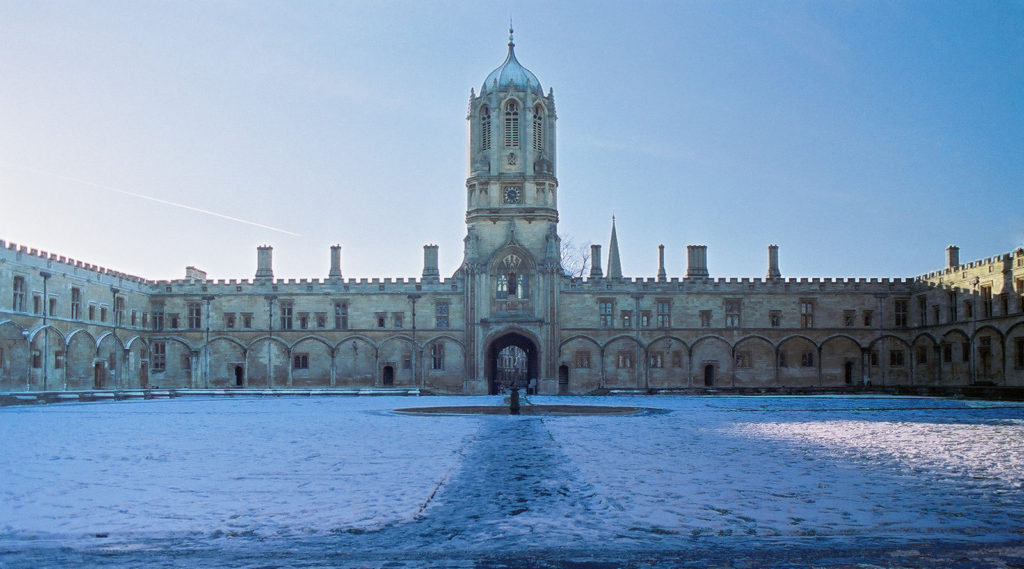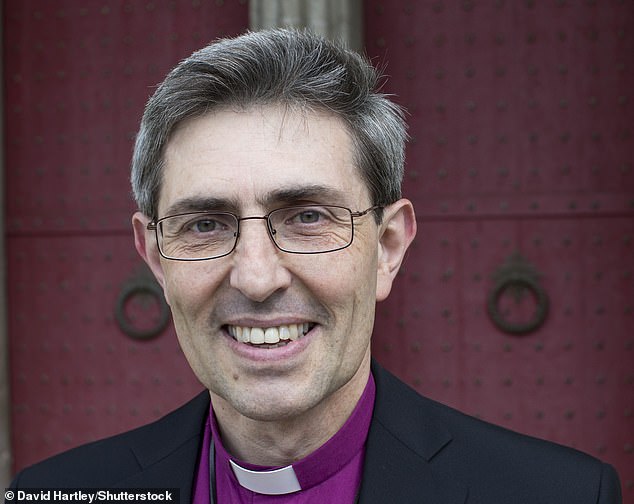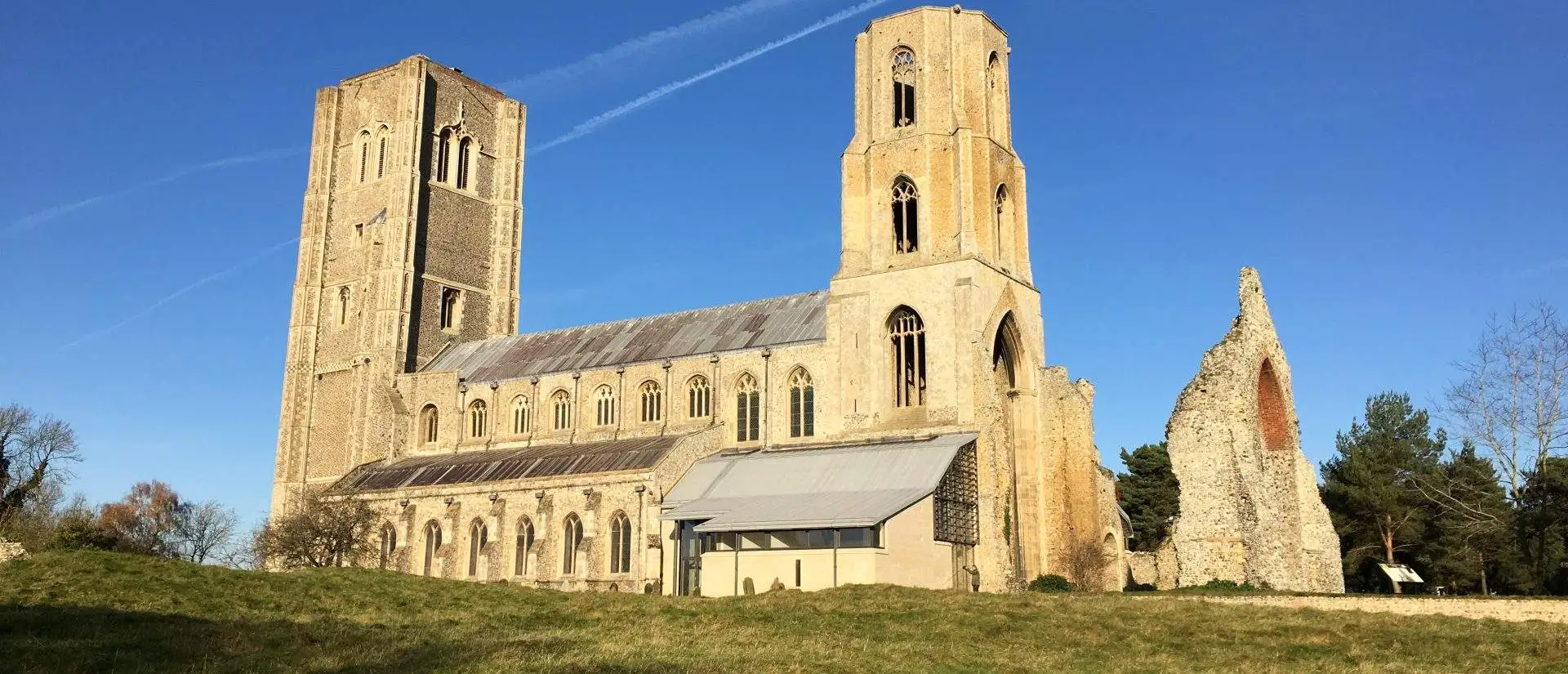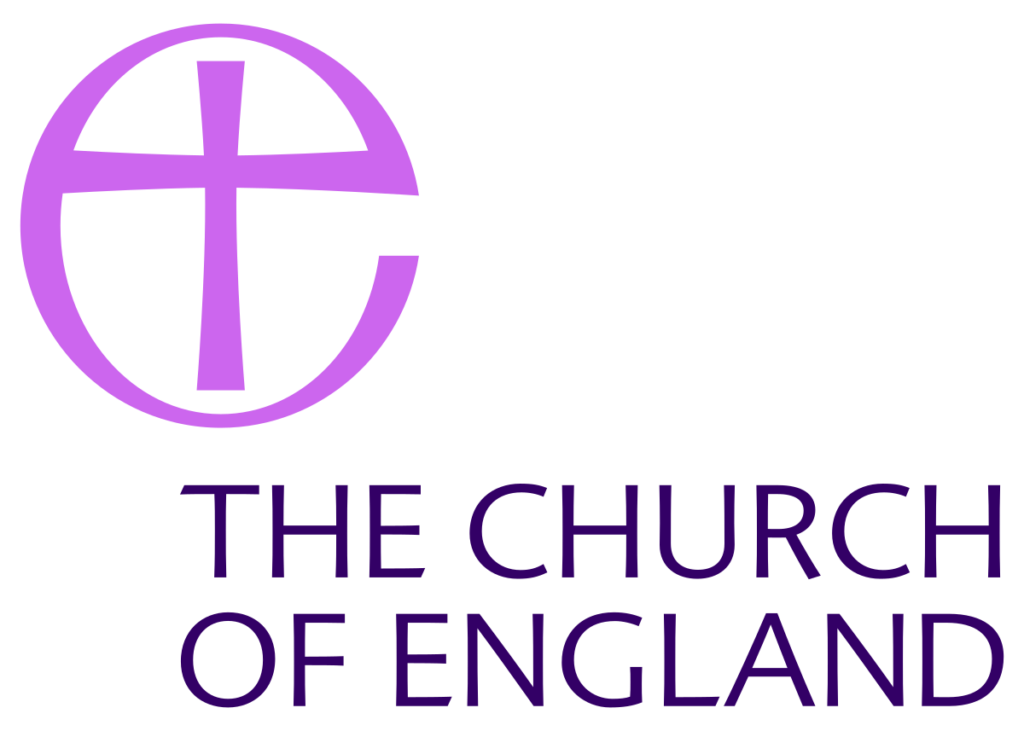
When I was a very small child I was introduced to the idea of temptation and evil by a vivid, even frightening, picture in a book. There was a small boy with two beings sitting on him, one on each shoulder. The first was an angel and the other a small devilish creature, complete with tail and fork. The reason for sitting on the shoulder was to give each ‘influencer’ ready access to the boy’s ears. Temptation was being presented as a matter of whether or not we were listening and acting on what the devil was whispering to us.
However crude and simplistic this picture is, it is probably typical of the way that a Christian understanding of temptation was presented to children of my generation. In short, sin and evil were the consequence of individuals not listening to their consciences (the angel) but rather following a compulsion to go their own selfish way (the devil). With the wisdom of adulthood available to us now, we are able to see how such notions may still be distorting our thinking about evil. It is easy to believe that our involvement and responsibility for evil only occurs when we engage in personal lapses of conscience. Our responsibility for any wider evil goes beyond that. There is such a thing, as we shall see, as corporate evil. This can drag us into its grip and, in some way, we become part of it in varying degrees. Our failure here is not necessarily the result of ignoring our individual consciences but may involve failures of caution, wisdom or imagination. In short, there is nothing simple about our confrontations with evil. Nor are there simple ways to establish our degree of culpability when we meet it in its capacity to damage, even destroy, our lives and the lives of others.
The idea that evil in the world is always the result of wrong decisions by individuals operating independently, is a notion deeply embedded in our thinking. There are two important ways in which this crude initial picture is misleading and, at times, completely unhelpful. When we examine the settings in which the temptation to do evil occurs, it quickly becomes apparent that there is a lot more going than a single conscience leading someone to wrong decisions or evil actions. The culpability, the blame we attach to individuals fighting temptation will vary according to a whole variety of factors. For example, we may make allowances for a child who has never received any moral guidance or ‘good-enough’ parenting to help them understand ideas of good and evil. Evil deeds are sometimes perpetrated in the context of a desperate need simply to survive. We should always be prepared to examine the influences on an individual who has chosen in some way to go over to the dark side. The influence of a group, a dysfunctional family or a gang can be very strong, even irresistible. Such evil pressures do not excuse the individual act, but they certainly help us to understand it. Evil can descend on to an individual because of the geographical area in which an offender has been brought up, or the social circles they move in. One question in such a situation has to be this. Where do we locate the evil? Is it only in the individual concerned or can we find it somewhere else, within a group that has seduced a vulnerable individual into its ranks? We soon discover that there is something we call corporate or social evil. This form of evil is very hard to pin down or say where precisely it is to be found. As with any other form of evil, it must be resisted and opposed. But social evils are far harder to deal with and it may take a generation or two to root out particular evils, like racial prejudice, misogyny or homophobia.
Within every corporate organisation or institution there are certain predictable forces or dynamics at work. Many of these will be morally neutral. The desire by a firm to create a product which is valuable to society, at the same time making a profit to reward investors, is compatible with wholesome ethical behaviour. The management of such a manufacturing company will also be guided by one overriding dynamic, the need to preserve itself in the present and have the strength to survive into the future. Other organisations, like the Church, will also have this same fundamental drive for self-preservation and expansion. In pursuit of this aim, they will use a variety of methods to protect themselves from any threats to their existence. We see the same fundamental self-preserving dynamic in the world of nature, from the largest animals down to the smallest cellular creature. Whatever an animal does to protect itself and reproduce itself is not judged by standards of right and wrong. The task of self-preservation within the Church is also normally a neutral act. As with every organisation, the Church has the right to defend itself in appropriate ways. The deployment of lawyers, publicity experts and reputation polishers can all relate to the activity of a Church when it is in a justified self-protective mode. There is, however, a line that is crossed when ethical self-preservation methods become immoral and unethical. The Church’s desire for survival can sometimes negate its ethical standards and claims of total integrity. We note here two examples of unethical behaviour can be given from the reported catalogue of safeguarding failures of the last ten years. Church reputation managers may decide that a person persistently asking awkward question about decisions made in the past needs to be forcibly side-lined and their reputation challenged. The ‘dirty tricks’ department swings into operation in an effort to isolate and pressurise the individual concerned. When innuendo, lies and rumour spreading are employed against an individual in an effort to undermine him/her, we are clearly describing an institution moving to immoral evil behaviour.
Among other examples of immoral behaviour in an institution such as the church, is in the use of silence. This weapon of silence, used unethically, can operate in a variety of ways. Among the examples are the letters and emails that are sent to the church authorities from abuse survivors, but which go unanswered. Any refusal to answer legitimate questions about the past can be seen as involving a serious unethical treatment of a complainant. Another use of silence is when an order goes out from the centre forbidding contact or any sharing of legitimate information with suffering abuse survivors. The whole institution gets into a situation of moral paralysis as this clamming up process shuts down the Christian virtues of love, openness and mutuality. They are replaced by a claustrophobic secrecy which excludes all but the elite powerbrokers at the centre. The Church is supposed to stand for justice and fair play. Neither of these are in evidence when church authority uses its power to control people and information by simply shutting everyone else out through the use of silence.
When evil acts are committed by individuals within an organisation, the effect of these actions has a tendency to spread right across the organisation, corrupting the entire body. This can happen even if the perpetrator is speedily identified and punished. All the individual members of the institution may be innocent of any of this evil but, somehow, the sense of corporate shame can percolate right across the organisation. When we try to describe this corporate sense of shame, it is very hard to locate it or suggest ways to remove it. In such a situation we can see how inappropriate the crude picture of evil that we started with has become. There has been no listening to a private angel or devil, but evil has still invaded the lives of all the members of the institution simply by virtue of their membership. Individual innocence does not protect them from the guilt and shame which attaches itself to the whole institution and the members of it.
I had wanted to go further and discuss the way that institutions, even nations, have the power to incubate and propagate destructive evil within their cultures. These cultures can actively suck otherwise innocent people into their terrifying ideologies and ways of behaviour. Ordinary people can find themselves spouting the most appalling hatreds which reflect the prevailing political or ideological climate around them. Trump’s America has corrupted many millions of people with its poisonous rhetoric, aping similar dynamics prevalent in Hitler’s Germany. The important point that is being made here is to state that evil can pervade institutions and societies in a variety of ways. Evil works its nefarious purposes, not by tempting individuals one by one, but by contaminating entire institutions and organisations, creating norms of thought and behaviour that are normally considered repellent and evil. In our day, the smiling face of corruption is not absent even from our churches. It takes the hard work of people of goodwill and Christian insight and integrity to identify and call out such evil that may be going on even in our own trusted institutions. That was the task of the prophets of the Old Testament, to challenge institutional evil and assumptions. It behoves all of us who have a sensitivity to the presence of evil to name it and to challenge those who remain insensitive to its power. That power, especially in its corporate form, can harm and corrupt the thinking of so many. To challenge corporate evil means that we have to be thinking in quite different ways from the devil on the shoulder imagery. Personal evil still exists, but far more insidious is the evil that takes root in the institutions of our land. This, as we are leaning to our cost, includes the churches that were once believed always to be the main bastions against the devil’s power. That seems to be true no longer.








